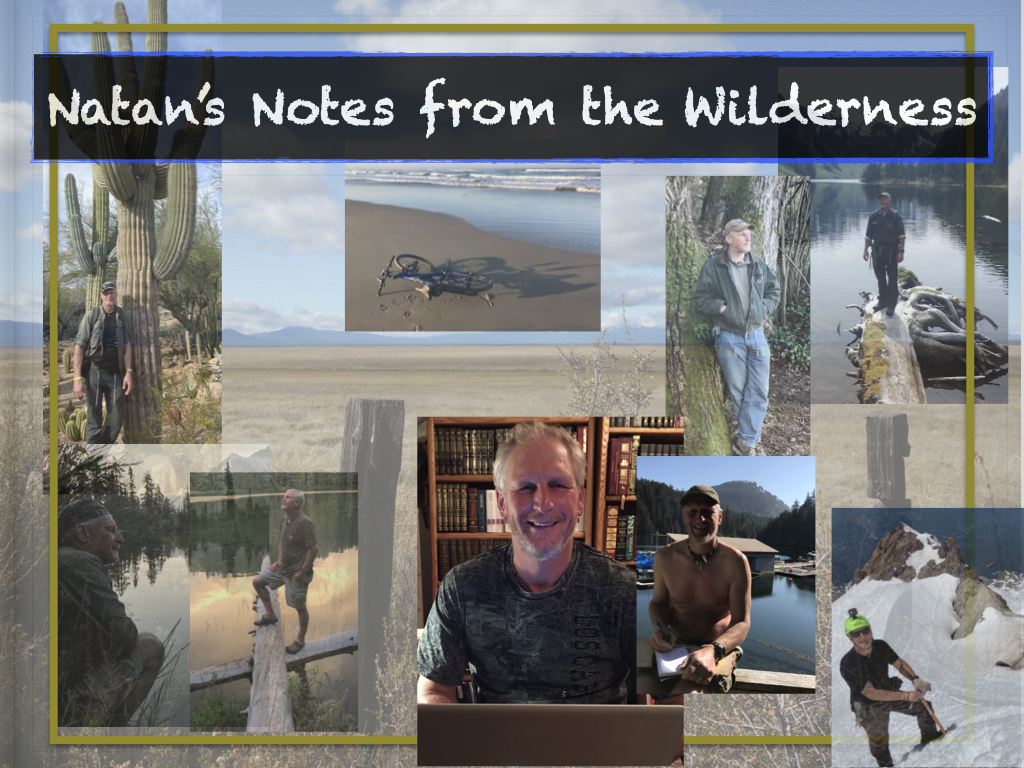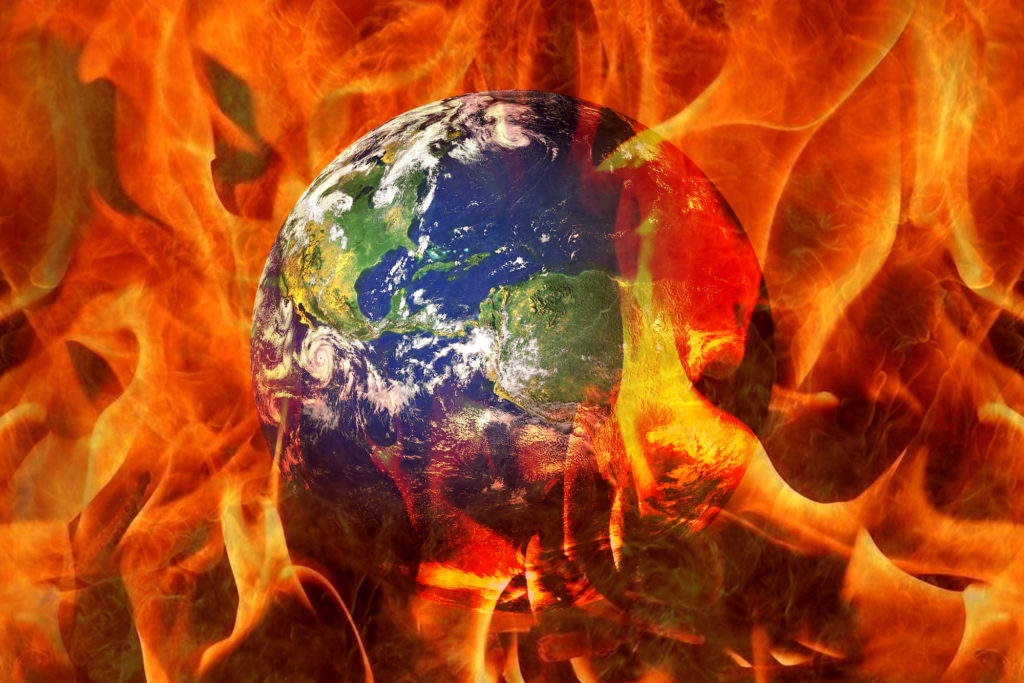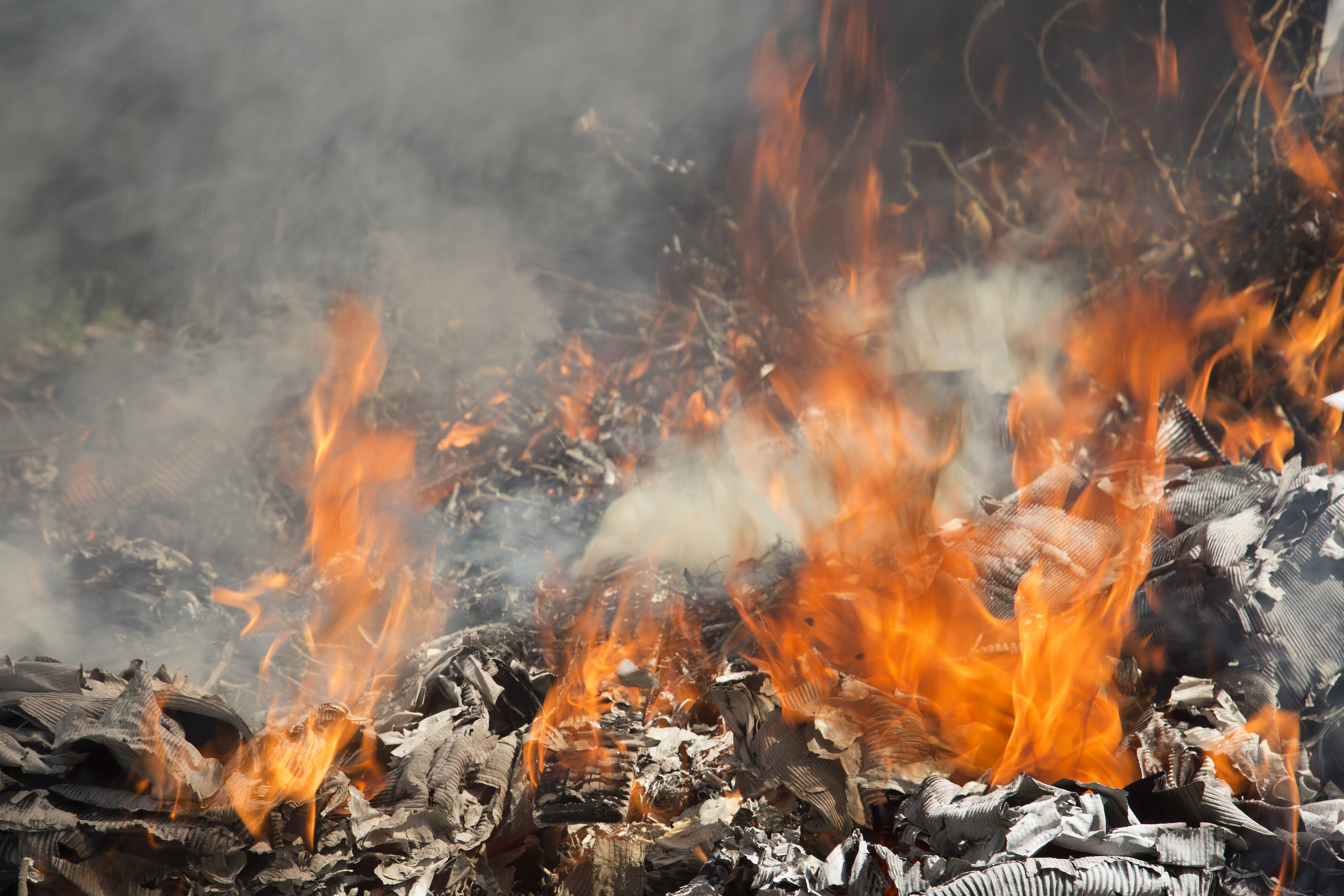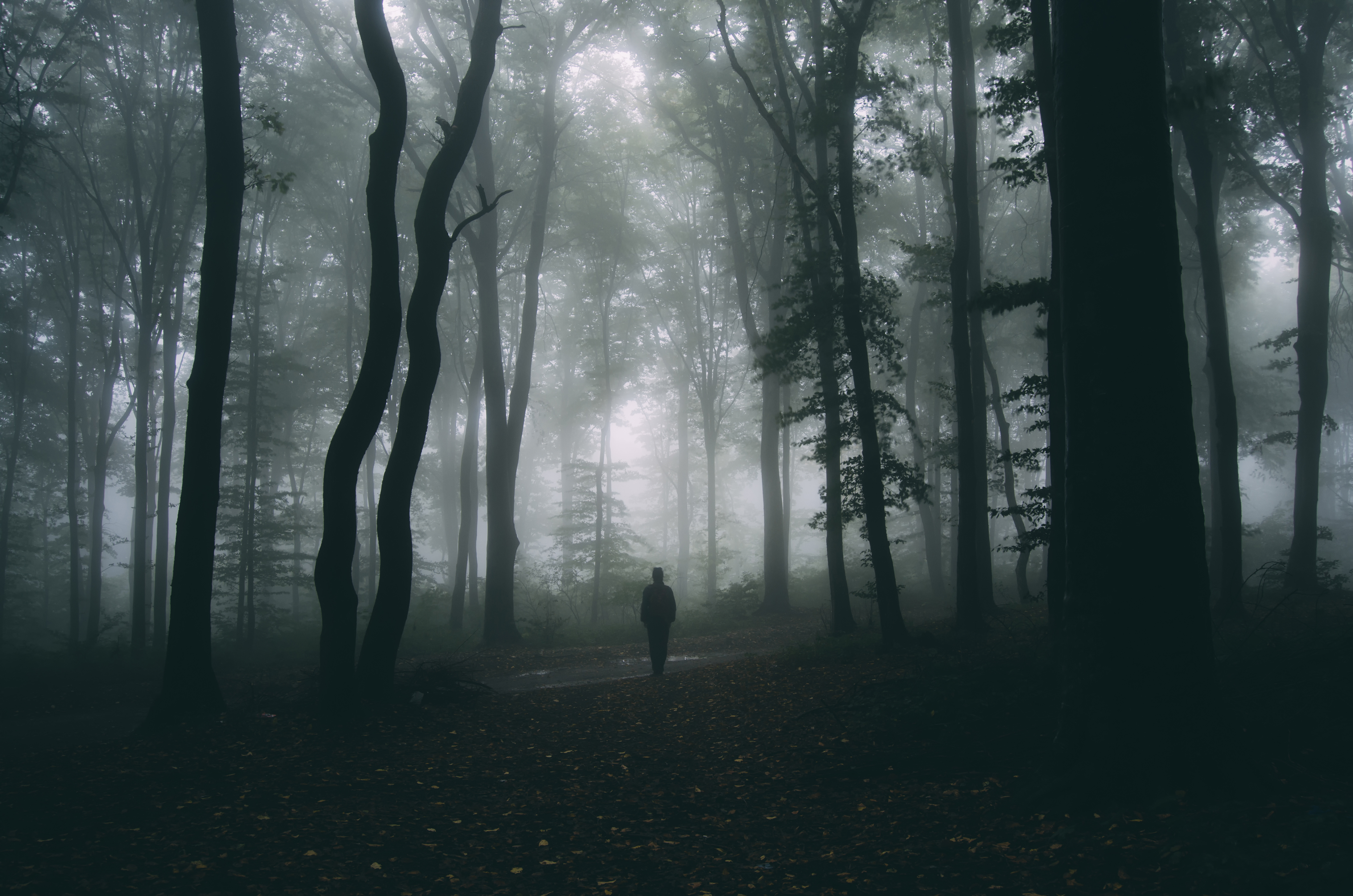Tag Archives: Lake of Fire
My Notes on Revelation Chapters 20–22 on the Millennium and Eternity

Revelation 20
Revelation 20:1, Bottomless pit. (See notes at Deut 32:22; 2 Pet 2:4; Rev 9:1. Also see notes at Isa 14:18–21.)
Revelation 20:4, A thousand years. This is but one of six references in the Bible to the Millennium lasting for one thousand years. The other references are found in the surrounding verses (vv. 2, 3, 5, 6, 7). Even then, some biblical students still question the idea of the Millennium and categorize it as a NT concept only and, therefore, feel they can relegate it to the realm of the allegorical. An understanding of the prophetic implications of the seventh day Sabbath should settle this question once and for all. In traditional Jewish thought, the seven days of creation picture the time man will be on this physical earth. Six days (for six days or six thousand years) man does his own work, while on the seventh day (or one thousand years) he rests and fellowships with Elohim. This is a picture of the millennial rest, which the Jewish sages have long called the Messianic Era, which is yet to come. The Millennium is not uniquely a Christian or NT concept, but is rooted in Judaism going back before the Christian era. For example, the writer of Hebrews juxtaposes the Sabbath and the Millennium in Hebrews chapter seven when he compares Joshua taking the Israelites into the Promised Land with Yeshua taking the saints into the Sabbath, millennial rest of our spiritual inheritance.
Revelation 20:5, The rest of the dead. This phrase is a parenthetical thought. Before and after this phrase, the author is discussing those who will be part of the first resurrection, which occurs at Yeshua’s second coming. Later in the same chapter, John goes on to discuss what happens to the rest of the dead (vv. 12–13).
Revelation 20:7–21:1, Events after the Millennium. The events in these verses appear to be chronological and occur after the Millennium. In Rev 20:2ff John seems to be receiving a pre-millennial flashback vision. (See my discussion on these verses.)
Revelation 20:8, The four corners. These rebels who will inhabit the millennial earth have removed themselves as far as possible from Jerusalem, which is the seat of King Yeshua’s rule and is at the center of the earth.
Revelation 20:9, Fire came down from heaven. If the New Jerusalem, the seat of Yeshua’s millennial government, is hovering over the earthly Jerusalem during the Millennium, then this is the source of the fire or Yeshua’s judgment against the rebels who dare to defy his divine governance.
Revelation 20:10, The devil…lake of fire. (See notes at Deut 32:22; 2 Pet 2:4; Rev 9:1.)
Tormented forever.The devil as a spirit either can only be contained, but not destroyed meaning Elohim is not all-powerful, or, more likely, Elohim will allow the devil to exist, though in a place of torment, as an on-going example and testimony to his sovereign greatness and power over evil.
Continue readingAre YOU destined for the trash heap?

Luke 12:5, Killed…cast into hell [Gehenna]. There are two deaths: a physical and a spiritual death. All humans will die a physical death (Heb 9:27), but not everyone will die a second or spiritual death. This death is reserved for the unregenerate wicked and is called the lake of fire (Rev 20:12–15). The Hinnom Valley (Gr. Gehenna) on the west side of Jerusalem was a Hebrew metaphor for the fate of the wicked. The Jews used this valley as a refuse dump, and it was there that the bodies of dead animals and criminals were burned. Literally, at the white throne judgment after having judged the unregenerate wicked, YHVH will cast them into his spiritual garbage dump to be burned up (Rev 20:11–15).
Lot and Sodom’s Liberation—A Severe Warning to Us All!
Genesis 14:14, Three hundred and eighteen trained servants. This was a venerable fighting force for a nomadic chieftain to possess. If each of these soldier-servants had a wife and two children, this would have represented more than 1200 people associated with Abram’s army alone. No doubt Abram’s entourage could have been much larger considering those soldiers who had larger families as well as elderly people.
The size of Abram’s personal community along with his wealth is likely why the sons of Heth referred to Abram as “mighty prince [Heb. nasiy meaning “one lifted up, chief, captain or leader”]” (Gen 23:6). This would have been true especially in consideration of the fact that Abram’s personal army probably marched about four hundred miles round trip to defeat the six Babylonian kings in his rescue of Lot (Gen 14:14–16). This was a tremendous feat for a local chieftain-warlord to accomplish. This accomplishment likely made Abram into a legend among the local Canaanites who would have greatly feared and respected him.
Abram’s rescue of Lot and the residents Sodom from the six Babylonian kings brings to remembrance YHVH’s later promise to Israel that he would put the fear of YHVH into the hearts of their enemies and that one Israelite would put a thousand of their enemies to flight and two would put ten thousand to flight (Deut 32:30 cp. Lev 26:8).
This promise is exemplified in the story of Gideon’s defeat of the Midianites by his band of three hundred men—a similar number to that Abram’s army. May YHVH’s servants in our day be walking in such righteousness and holiness before YHVH as to warrant this kind of favor from the Almighty to receive the same blessing when they go up against their enemies!
Not only was the freeing of Lot and the other Sodomites a specular and miraculous feat—a testimony of the power of the Elohim of Abraham, but it was a testimony to these people of Elohim’s grace and mercy in that he rescued the Sodomites despite their wickedness. In spite Elohim’s warnings and grace, they still refused to turn from the wicked ways necessitating Elohim’s later judgment and destruction of that wicked city. The lesson is this. Elohim as a just and righteous judge warns people first by bringing upon them judgments onto repentance before imposing upon them his severe and ultimate judgments unto death. The problem is that most sinners are willingly oblivious to the initial warning signs, which if heeded, would bring them to repentance, thus sparing them Elohim’s ultimate and most severe judgments.
YHVH’s methodologies don’t change; he is the same yesterday, today and forever. He warns people, gives them space to repent before judging them; he is not an unjust judge. Be assured, those wicked rebels who at the end of the millennial age will pass before Elohim’s white throne of judgment and who he will deem worthy to be cast into the lake of fire will have had plenty of warning and time for repentance (Rev 20:11–15). The fiery destruction of Sodom in the Dead Sea Valley, the lowest place on earth, is a prophetic picture of the final lake of fire judgment and should be a lesson to all humanity of what is to come if they fail to submit to Almighty YHVH.
New Video: The Story of Korah & the Decline of America & the West
The Lake of Fire—A Spiritual Garbage Dump for Unrepentant Sinners
Luke 12:5, Killed…cast into hell [Gehenna]. There are two deaths: a physical and a spiritual death. All humans will die a physical death (Heb 9:27), but not everyone will die a second or spiritual death. This death is reserved for the unregenerate wicked and is called the lake of fire (Rev 20:12–15).
The Hinnom Valley (Gr. Gehenna) on the west side of Jerusalem was a Hebrew metaphor for the fate of the wicked. The Jews used this valley as a refuse dump, and it was there that the bodies of dead animals and criminals were burned.
Literally, at the white throne judgment after having judged the unregenerate wicked, YHVH will cast them into his spiritual garbage dump to be burned up (Rev 20:11–15).
If you’re reading this and you haven’t repented of your sins and accepted Yeshua the Messiah’s (Jesus Christ’s) free gift of salvation, now is the time to do it. After having done this, or you want to know how to do this, we invite you to read https://www.hoshanarabbah.org/pdfs/choose.pdf and then https://www.hoshanarabbah.org/pdfs/r-u-savd.pdf.
Being Cast Into Outer Darkness Versus Being Cast Into the Fire
Matthew 22:13, Outer [or exterior] darkness. This is likely not a reference to destruction in the lake of fire, which is the fate of the wicked, but rather the place where those who will be least in the kingdom (Matt 5:19) will reside.
In this same parable, Yeshua alludes to the lake of fire in verse seven where he mentions the fate of the wicked who refused the invitation to the wedding of the king’s son. This refers to those who refuse to respond favorably to the gospel message.
Those who are invited guests to the son’s wedding, but who weren’t properly attired, are those saints who will be in the kingdom of Elohim, but who will not have attained the higher reward of being the bride of the king’s son (i.e. the bride of Yeshua). They will not be living in close proximity to Yeshua as his bride in the New Jerusalem, which is a place where there is no darkness or night, for Yeshua who is the Sun of Righteousness (Mal 4:2) and whose face shines like the suns (Rev 1:16) will be the light of the New Jerusalem (Rev 21:23; 22:5). Rather, the place of reward for those who weren’t properly attired in robes of righteousness (Matt 22:11) will be to live further away from the New Jerusalem somewhere on the New Earth. These immortalized saints appear to those who Yeshua refers to in Matt 5:19 as “the least in the kingdom.”
Moreover, light is a biblical metaphor referring to the knowledge of YHVH’s truth or being able to see spiritually, while darkness is an obvious and universal metaphor for ignorance or spiritual blindness. It is possible that these who will be least in the kingdom, though possessing eternal life, will be living in a state of not possessing as much divine revelation or spiritual light as a commensurate reward for their rejecting the fuller spiritual light while they were mortal humans. They have reaped for eternity what they sowed as physical humans. This is because they failed to properly prepare their robes of righteousness to be the bride of Yeshua as the lesson of the previous parable teaches us. The reward of these people who will be to be the least in the kingdom and to abide in a place on the new earth that is further away from the New Jerusalem that has less spiritual light shining on it.
Outer darkness being a lower position in the kingdom of Elohim as opposed to being cast into the lake of fire seems to be more consistent with Yeshua’s usages of this phrase elsewhere (e.g. Matt 8:12; 25:30). In the verbal imagery of Yeshua, being cast into outer darkness seems to be in direct contrast to being cast into a fiery furnace, which is a reference to the fate of the wicked. This fate is final and refers to eternal damnation in the lake of fire (Matt 13:42, 50 cp. 3:12; 25:41; Mark 9:43–49; Rev 19:20; 20:10, 14, 15; 21:8).




